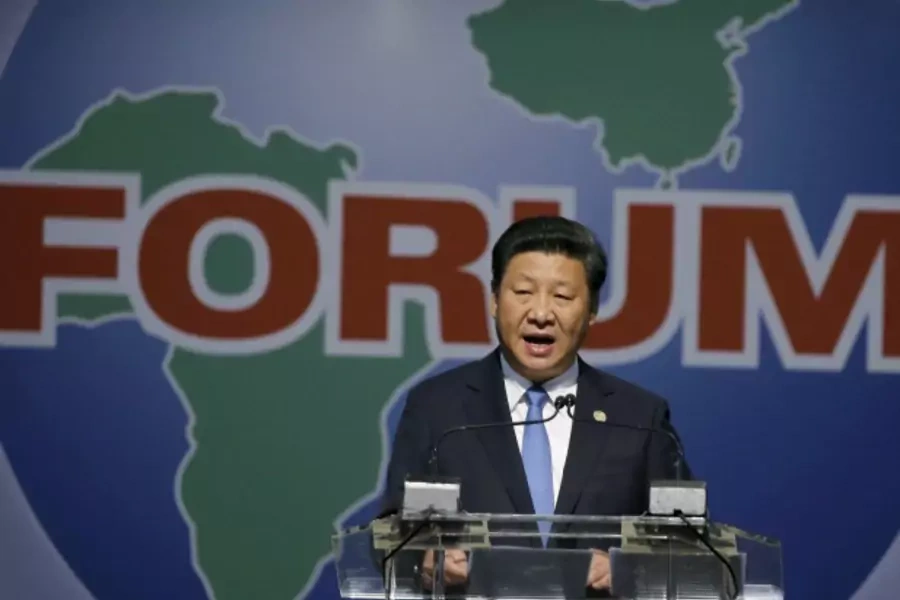More on:
When officials in China announced they would open an Asian Infrastructure Investment Bank (AIIB) to primarily fund big construction projects across the Pacific, they launched a slow-motion freak-out in Washington. As they went around the world inviting governments to join, Obama administration officials pressured their allies in Asia, Europe, and other parts of the world not to. The AIIB, headquartered in Beijing, would allow China to expand its influence throughout Asia, the White House fretted. “We are wary about a trend toward constant accommodation of China,” one Obama aide complained to the Financial Times after the United Kingdom joined 56 other nations in signing up to fund power plants, roads, telecommunications infrastructure, and other ventures. It was a rare public critique of an ally.
The campaign against China’s bank is hardly unique. Since coming into office, the Obama administration’s Asia strategy has been to fear and combat nearly every attempt by Beijing to flex its muscles---through aid grants, trade deals, energy exploration, new diplomatic initiatives, and military relations with other nations. This strategy might be one of the only remaining areas of agreement between the president and congressional Republicans.
In some places, such as the South China Sea, the nation’s expanding power poses a real threat. And it is frightening to see a xenophobic autocracy---one that cracks down ferociously on its domestic critics and fosters a growing cult of personality around President Xi Jinping---gain power in Beijing.
But wariness toward Beijing has morphed into a muddled, obsessive, and often mindless U.S. policy. It holds that any new Chinese action must be stopped; any new ally must be won back; any new ambition must be contained. The administration has become so obsessed about countering China that it fails to realize some of the Chinese actions it is fighting do not imperil the United States’ interests. Meanwhile, the (largely futile) battle doesn’t just alienate allies. It also takes American diplomats, money, and arms away from places that truly matter to the United States. In some ways, America would do best to let China win.
For more on my analysis of the administration’s current China policy, read my new Washington Post piece.
More on:
 Online Store
Online Store
